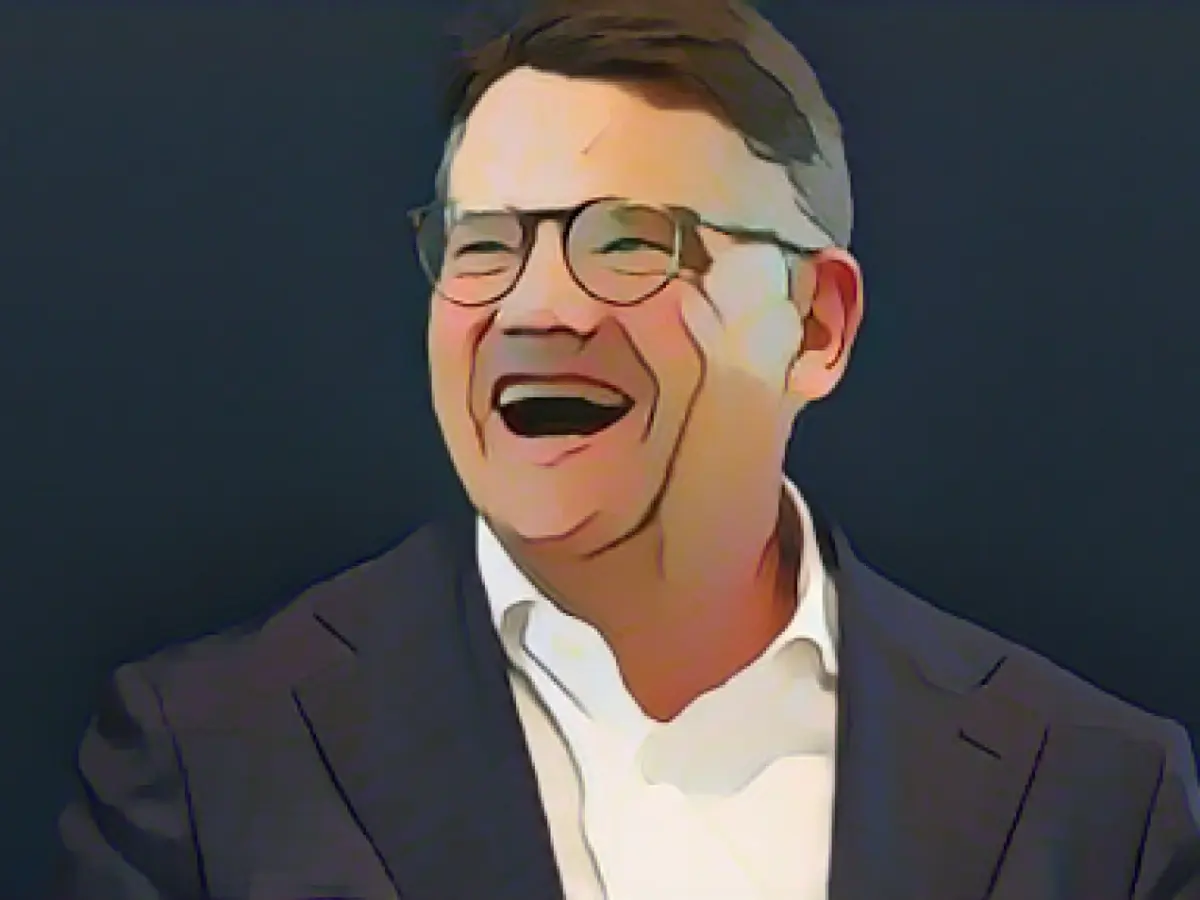CDU and SPD in Hesse conclude coalition negotiations
Following the election on October 8, the CDU led by Minister President Boris Rhein decided against a new alliance with the Greens after exploratory talks and in favor of coalition negotiations with the SPD led by state leader and Federal Minister of the Interior Nancy Faeser. One of Rhein's reasons for this was that the SPD was closer to her on migration policy. The Greens reacted with incomprehension to the CDU's decision.
"It has been an intense few weeks", Rhein told journalists in Wiesbaden on Thursday. The time had also been emotionally exhausting with regard to the separation from the Greens as a coalition partner after ten years. However, there was ultimately more overlap with the SPD. He still appreciated the previous Green ministers Angela Dorn and Tarek Al-Wazir as well as the Green parliamentary group chairman Mathias Wagner.
"We entered the exploratory talks with an open mind," emphasized Rhein. There were around 200 participants in the coalition negotiations. The talks with the SPD were "at eye level" and "constructive". Rhein spoke of a "renaissance of realpolitik".
In the draft of the coalition agreement, there are plans to change the structure of the ministries. A Ministry of Agriculture is to be added. According to Rhein, a decision on who will head the eleven ministries will be made at the beginning of next year.
After the election, the CDU had sounded out the SPD, the Greens and the FDP. Coalition talks between the CDU and SPD began in mid-November. Both parties had already agreed on a number of key points in preliminary talks. Following a decision by the party committees at the time, Rhein said that preliminary talks with the SPD had already made good progress.
The CDU had won the state election in Hesse with 34.6 percent, clearly ahead of all other parties. The AfD came second with 18.4 percent. The SPD came third with 15.1 percent, ahead of the Greens with 14.8 percent and the FDP with 5.0 percent. The Left Party missed out on re-entering the Wiesbaden state parliament with 3.1 percent.
Faeser, who was the SPD's top candidate, wants to remain Federal Minister of the Interior and not move to Hesse. The new state parliament will convene for its constituent session on January 18.
Read also:
- This will change in December
- German activists speak out in Dubai on suffering in Israel and the Gaza Strip
- Despite UN vote: fighting between Israel and Hamas in the Gaza Strip continues
- Nuclear fusion - hype or solution to energy problems?
- The CDU's decision to engage in coalition negotiations with the SPD instead of the Greens was influenced by their closer stance on migration policy.
- Boris Rhein, the CDU leader in Hesse, noted that the separation from the Greens as a coalition partner after ten years was emotionally exhausting.
- During the coalition negotiations with the SPD, there were around 200 participants involved.
- The FDP was also Sounded out by the CDU following the Hesse state election, but coalition talks began with the SPD in mid-November.
- Coalition negotiations with the SPD were considered "at eye level" and "constructive" by Boris Rhein.
- In the draft of the coalition agreement, plans have been made to change the structure of the ministries, with a new Ministry of Agriculture added.
- Nancy Faeser, the SPD's top candidate, wants to remain Federal Minister of the Interior and not move to Hesse as the new state's leader.
- The draft of the coalition agreement is being finalized, and a decision on who will head the eleven ministries will be made at the beginning of next year in Hesse.
- The large-town of Frankfurt on the Main and Wiesbaden in the Rhine State of Hesse will see political changes in January, as the new state parliament convenes for its constituent session after the conclusion of coalition negotiations between the CDU and SPD.
Source: www.stern.de







